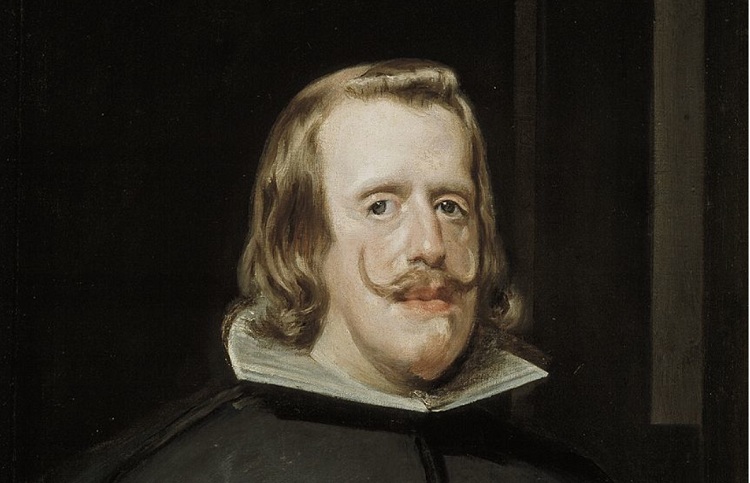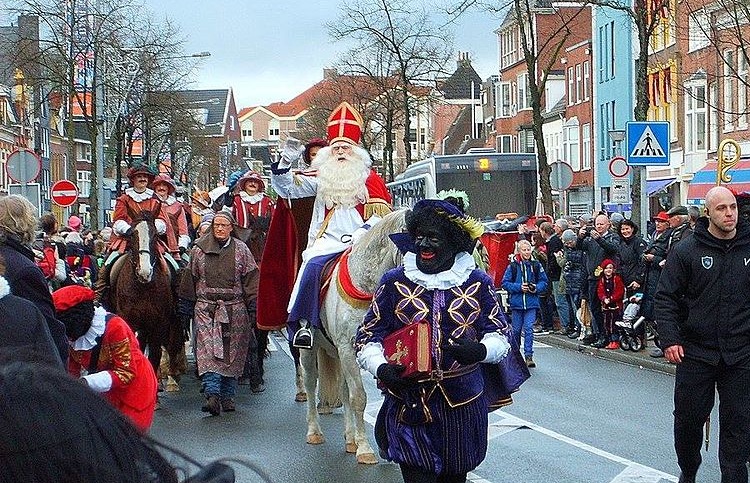Eduardo González
Philip IV, a king well known, among other reasons, for his frequent infidelities, love affairs and illegitimate children, was scandalized in 1650 by the libertine life led in Madrid by the ambassador of the Ottoman Empire and his “evil life” entourage.
The Bajá of Cairo Hamete Aga Mustafarac arrived in Valencia in August 1649 as the ambassador of the Sultan of the Ottoman Empire. On September 15 he entered Madrid, where he was received that same day by Philip IV in the Alcazar (the current Royal Palace). “The ambassador entered making three deep bows crossed his hands on his chest, touching the floor with his right hand, his turban and his mouth near the platform (and) he bent down so much that he kissed the grandstand”, said the contemporary historian Antonio de León Pinelo.
The ambassador was later installed in the house of Don Rodrigo de Herrera, near Alcalá Street and in a street that, for that reason, was known for a long time as “del Turco” (“the Turkish”, current Marqués de Cubas street and known, above all, for the assassination of General Juan Prim in 1870). In this house he was accommodated in “ten rooms with three canopies and quite a lot of grandeur”.
According to what the illustrious and veteran historian Manuel Espadas Burgos was able to collect in the National Historical Archive, specifically in a document dated June 1650 from the book of the Hall of Mayors of the House and Court of the Council of Castile, the Hapsburg King was particularly scandalized not only by an “inopportune” visit to the nuns of the Comendadoras of the Order of Calatrava (given the ambassador’s “unfaithful” status), but above all by the licentious life to which the Bajá and members of his entourage indulged with the prostitutes of Madrid.
The reason for the scandal was not the prostitution itself – apart from the debauchery of Philip IV himself, Madrid at that time had around 30,000 prostitutes and about 800 brothels – but the fact that it was some muslims who had relations with christian women. For the mentality of the time, in the words of the historian, it was more “a sin against faith than against honesty”.
A text by Philip IV himself, collected by Espadas Burgos, is very significant, since it recalls that, at the beginning of 1650, he had ordered the mayors of Casa y Corte to “be very careful to go around the street and the house of the Turkish ambassador because of the news that I found about the excesses and sins committed there due to the freedom and ease of trade with the Moors of some Christian women who had entry there“. Likewise, the monarch had asked that the first woman “of those who caused the scandal” to be arrested be given “a severe demonstration by publicly flogging her”.
“The carelessness that has been shown about this has been such as to give license to multiply with tolerance the excesses that could have been remedied at the beginning with the chastisement of a punishment”, continued the King, who ordered, therefore, that surveillance be maintained on the ambassador’s house and that “any woman who entered it be taken and made a rigorous demonstration that calls for such enormous evil”.
Later, the King gave another turn of the screw to his orders and included in his instructions the diplomatic corps of other countries that, because of their condition of “infidels” or “heretics”, were more prone to sin. Specifically, the monarch ordered the closure of a house in Alcalá Street and the transfer to “another part” of a place known as the Tabernillas de Parla, “where every night fifteen or sixteen women and a large number of men from the houses of this Turkish ambassador, those of England and others of evil life (sic) gather and commit serious excesses and scandals and offenses to God”.







